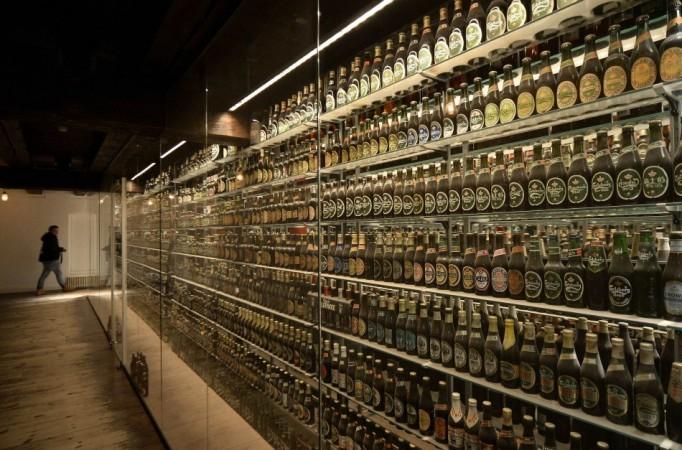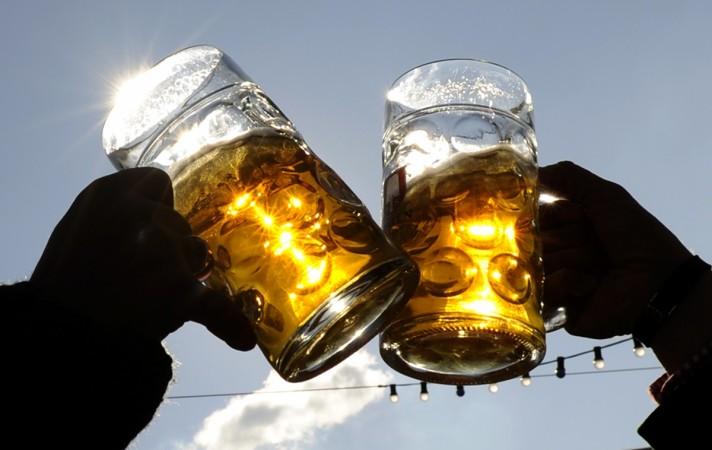
If the excise department ordering pubs and bars in Bangalore's Central Business District was not enough disappointment over the weekend, things got worse when people partying at home ended up paying much more for alcohol, as prices were hiked under the pretext of the Goods and Services Tax that came into effect on June 30 midnight.
Even though alcohol doesn't come under GST, it applies to things used to make and pack the liquor. Materials such as bottles, labels and caps earlier were taxed at 14.5 percent, but under GST they attract a tax of 18 percent. On Saturday, retailers are said to have hiked the prices of liquor by almost 15 percent and beer was costlier by 38 percent.
"I had accompanied my cousin to this MRP store that we have been buying from. We had picked up beer on Wednesday and it was Rs 120. Today , it is Rs 165," Harsha Jayaram, who had flown down from Mumbai, told the Times of India. Another buyer added: "When I enquired, I was told that it was because of GST. A bottle of Black Dog Triple Gold, which was for Rs 2,870 when I purchased it last, was being sold at Rs 3.070 (6% more)."
However, liquor manufacturers, as well as excise officials, have said that the additional costs are absorbed by the manufacturers and vendors increasing the price of alcohol was not legal.
"As such, liquor sold at retail outlets and elsewhere is not in the ambit of GST and the new taxation system is not linked to the pricing of liquor. The MRP of liquor is subject to excise rules and it has not been changed," Rajendra Prasad, joint commissioner of excise, told TOI. "Traders must sell the drink at the price they used to before July 1. Selling liquor at a price other than MRP is illegal."
Manufacturers too agreed with what Prasad said and explained that the change in prices of the raw materials must not reflect on the selling price. "Input goods like packaging materials attract GST, but it should not be reflected on the output tax of liquor sold in the market. The manufacturer has to absorb the tax on the raw material and hence the MRP should not be changed even in the GST regime," the daily quoted Rakshit Neelakanta Jagadale, executive director of Amrut Global Luxury Malt and Spirits, a division of Amrut Distilleries Ltd, as saying.

All those weekend plans of Bangaloreans to get together in a pub at the city's central business district and throwing back a few drinks were dashed as the Supreme Court's ruling banning the sale of liquor within 500 metres of highways came into effect on July 1.
The excise department had refused to renew the liquor licenses of many pubs, restaurants and even star hotels located on Brigade Road, Church Street, MG Road and Indiranagar and about 340 pubs and bars also received formal notices that ordered them to stop selling alcohol from June 30 midnight.
However, the debate regarding if areas such as MG Road, Brigade Road, Church Street and Indiranagar are in fact highways or not is still on. While on the record books, Old Madras Road and MG Road have been tagged as highways, they are not used as highways and are maintained by the BBMP.















